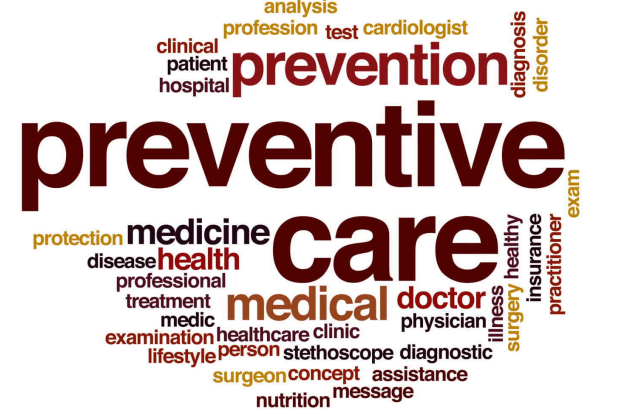Preventive healthcare is of paramount importance going forward for several reasons:
- Disease Prevention: Preventive healthcare focuses on identifying and addressing risk factors before they manifest as full-blown diseases. By promoting healthy behaviors, regular screenings, vaccinations, and early interventions, preventive healthcare aims to prevent the occurrence of diseases altogether or detect them at early stages when they are more treatable. This approach not only improves individual health outcomes but also reduces the burden on healthcare systems by mitigating the need for costly treatments and hospitalizations.
- Cost Savings: Investing in preventive healthcare can lead to significant cost savings in the long run. By preventing or detecting diseases early, individuals can avoid expensive treatments, hospitalizations, and long-term care associated with advanced stages of illnesses. Additionally, preventive measures, such as lifestyle modifications and vaccinations, are often more cost-effective compared to treating chronic conditions or managing complications resulting from preventable diseases.
- Improved Quality of Life: Preventive healthcare focuses on optimizing overall health and well-being. By promoting healthy behaviors, regular physical activity, balanced diets, and stress management, individuals can enhance their quality of life and reduce the risk of developing chronic conditions. Preventive healthcare empowers individuals to take control of their health and make informed choices that support their physical, mental, and emotional well-being.
- Increased Longevity: By addressing risk factors and promoting healthy lifestyles, preventive healthcare contributes to increased life expectancy. Many chronic conditions, such as heart disease, diabetes, and certain cancers, are closely linked to lifestyle factors. By adopting preventive measures, individuals can reduce their risk of developing these conditions and extend their healthy years of life.
- Population Health Improvement: Widespread adoption of preventive healthcare practices has the potential to improve population health outcomes. By focusing on preventive measures, such as immunizations, screenings, and health education, healthcare systems can reduce the incidence of communicable diseases, identify and manage chronic conditions, and promote healthier communities overall. This leads to a healthier and more productive population, benefiting society as a whole.
- Personal Empowerment: Preventive healthcare empowers individuals to take an active role in their health and well-being. It provides them with the knowledge, tools, and resources to make informed decisions and take preventive measures. By encouraging regular check-ups, screenings, and health assessments, individuals can proactively manage their health and address potential issues before they become more severe.
In conclusion, preventive healthcare is vital for improving health outcomes, reducing healthcare costs, enhancing quality of life, and promoting overall well-being. By shifting the focus from treatment to prevention, healthcare systems can better address the growing burden of chronic diseases and contribute to healthier and more resilient communities.

